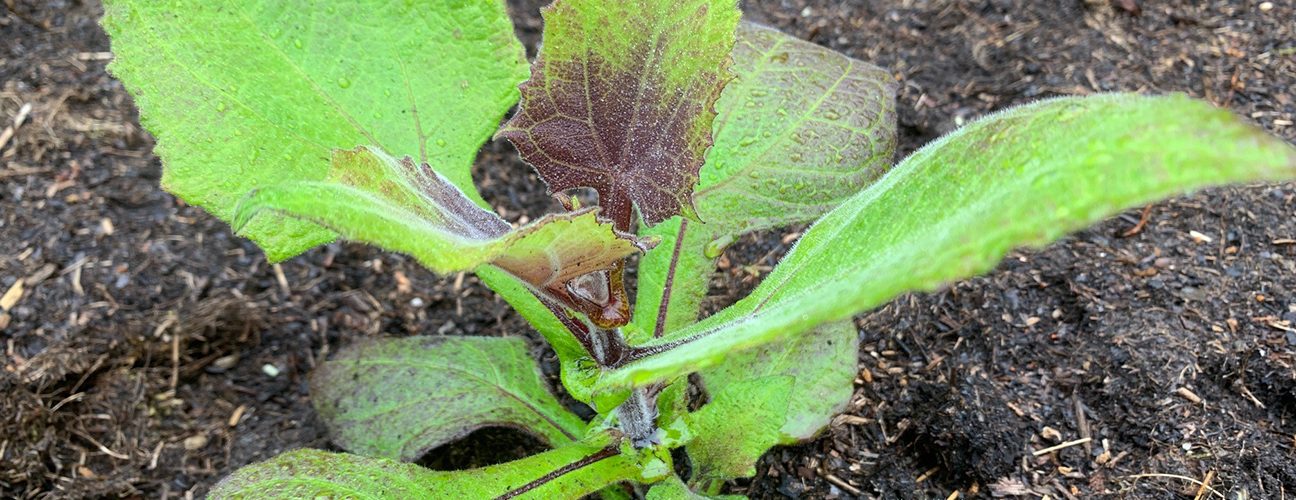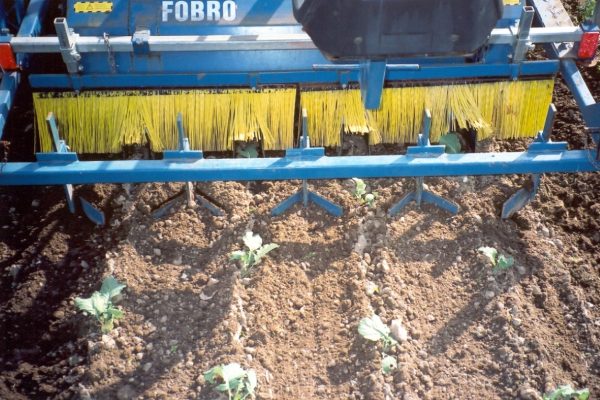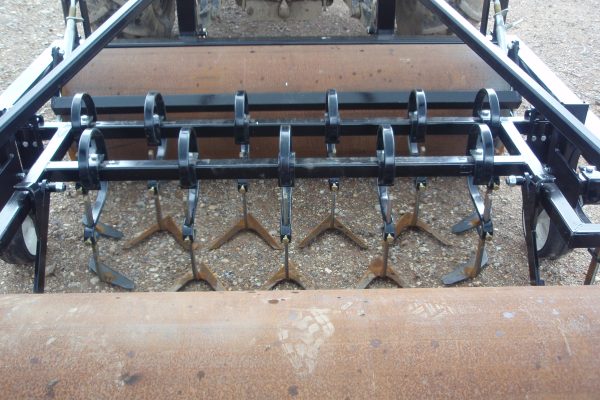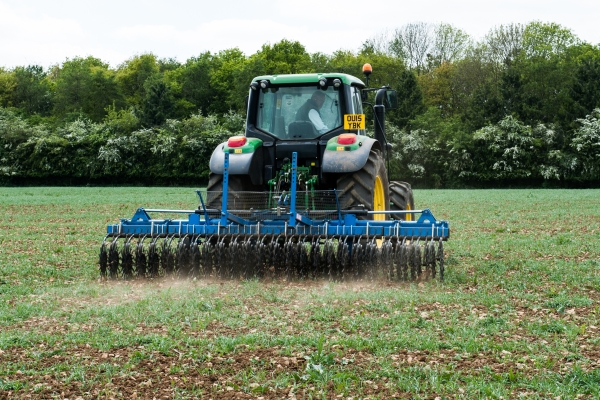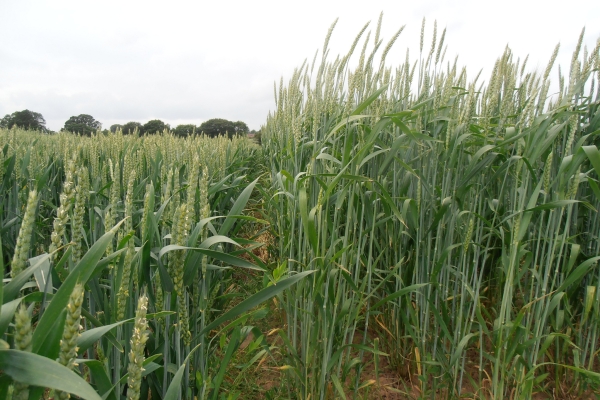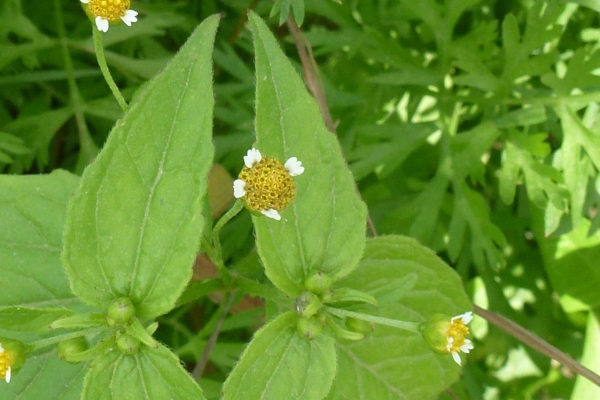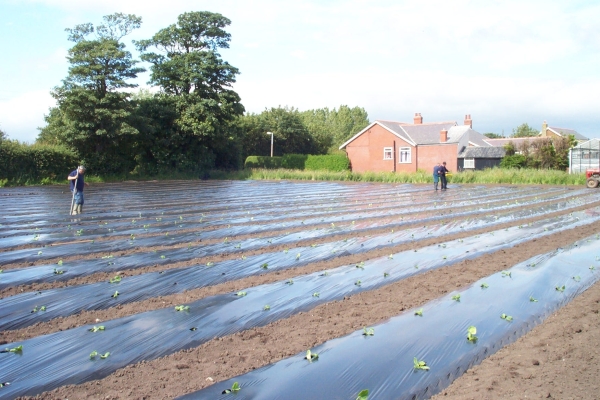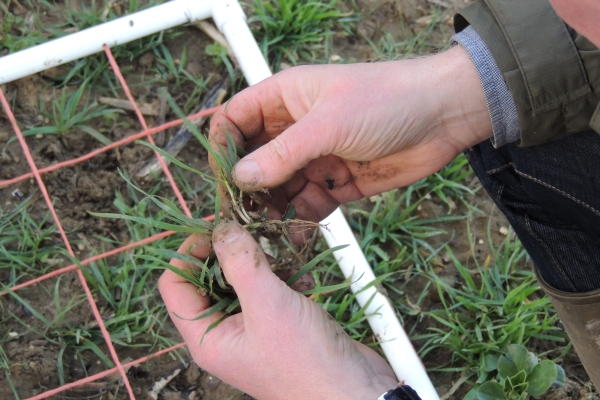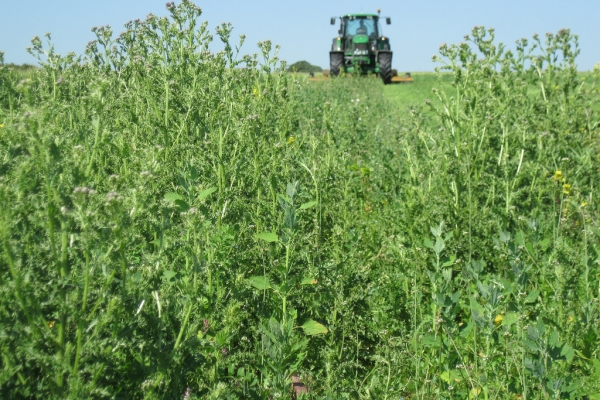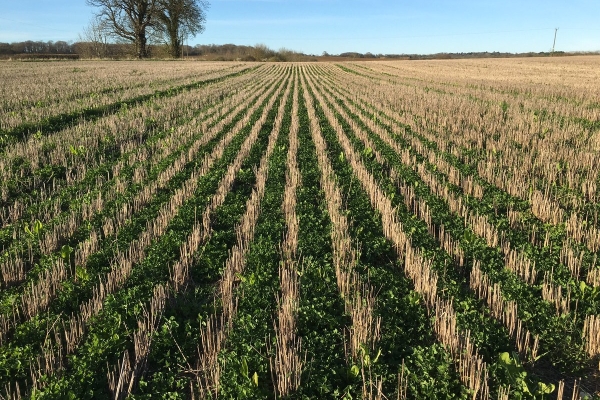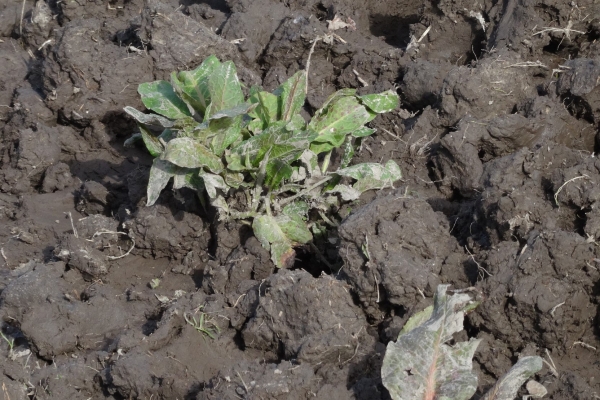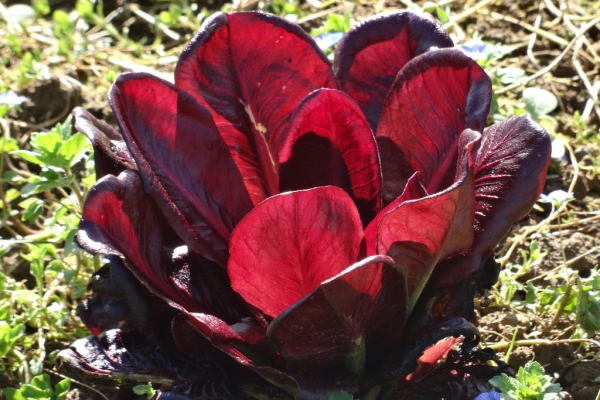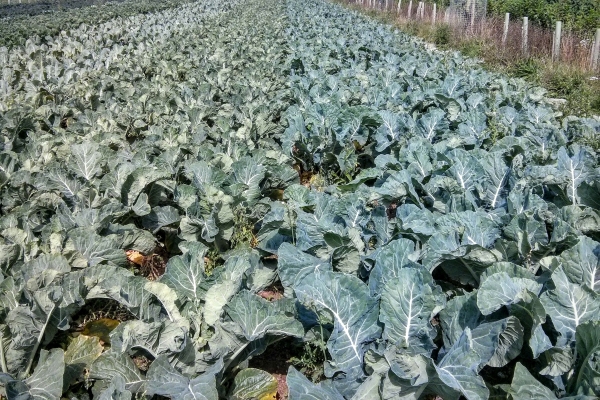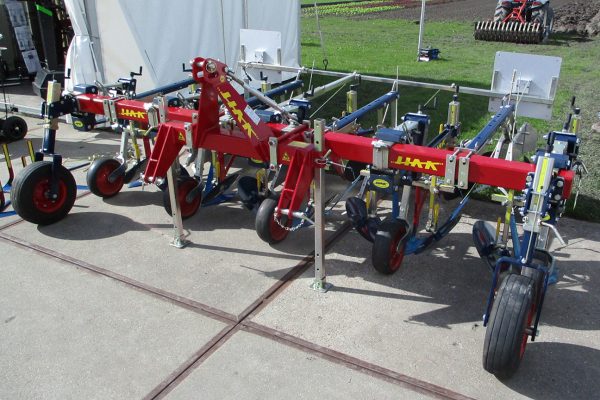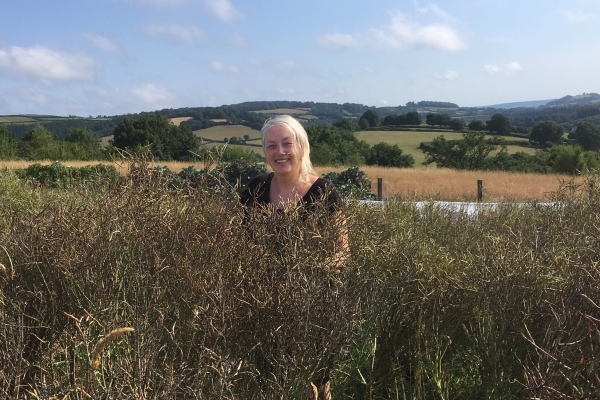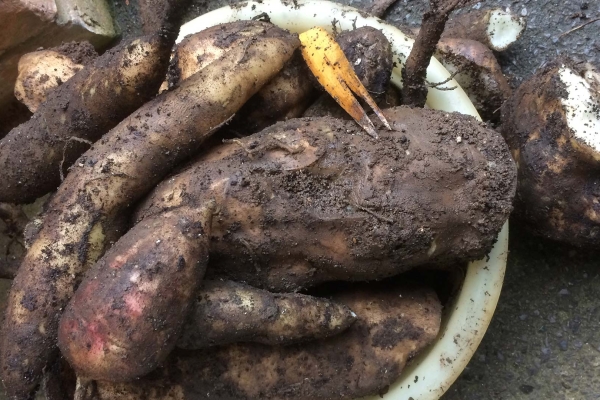Using Perennials in CSAs and Market Gardens
Resource explained
This webinar was organised by the CSA Network UK in partnership with the Seed Sovereignty Programme run by the Gaia Foundation, and the Organic Growers Alliance as part of a series funded by Farming the Future. It started off looking at the advantages and disadvantages (challenges) of growing and selling perennial vegetables. Mandy Barber of Incredible Vegetables and Ryan Sandford-Blackburn of Earthed Up! then focused on some of the potentially scalable or commercial perennials, looking at perennial leafy greens, perennial alliums, broccoli alternatives, perennial salad leaves, and perennial roots and tubers. The webinar finished with a Q&A focusing on the practicalities of making perennials work.
Findings & recommendations
- There is resilience in diversity. Many perennials are very robust and tolerant of drought and marginal conditions whereas annual crops may fail.
- Perennials won’t replace annual cropping, but they are great for the hungry gap and as a permanent larder of foodstuffs that can be called on when needed.
- Perennials can supplement and complement what you supply, but you need to have good communication with customers through highlighting potential recipes etc.
- Some can be substituted for better known annuals e.g. perennial kales and broccoli alternatives, perennial onions and leeks. Perennial salad leaves can be incorporated into mixed salad bags.
- Perennials are often more resilient or resistant to pests and diseases than their annual relatives.
- Some perennial crops such as Caucasian Spinach (Hablitzia tamnoides) and Korean celery (Dystaenia takesimana) are being marketed commercially by organic growers in Maine in the US.
- Perennials can provide many ecosystem services – attracting beneficials and enhancing biodiversity – when integrated into a market garden, and need little attention once established.
